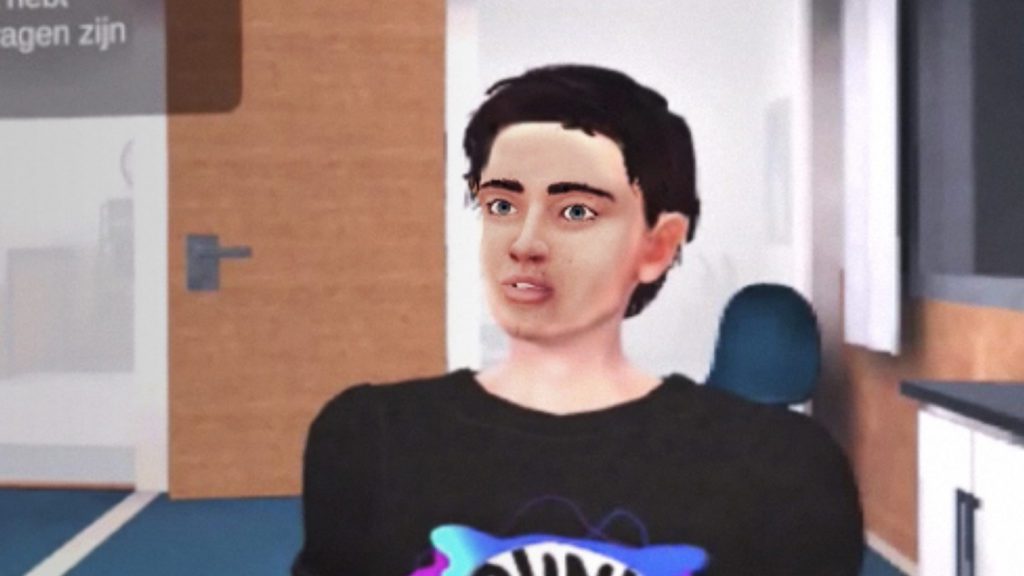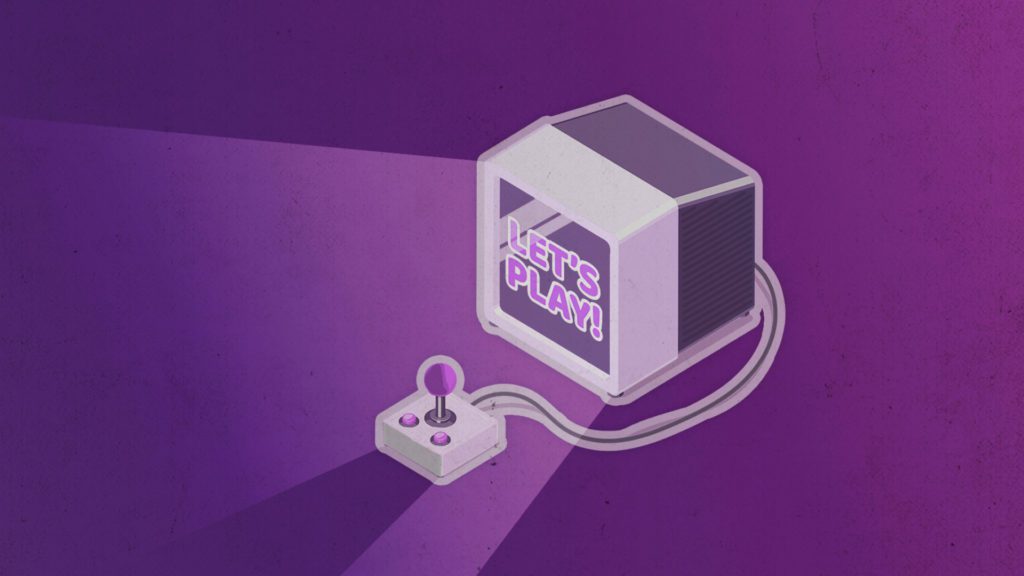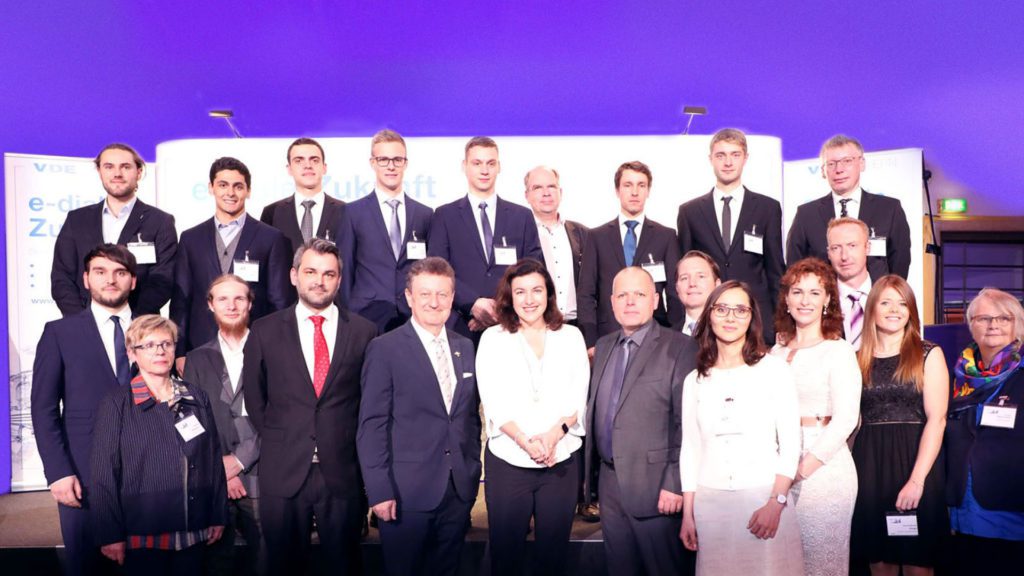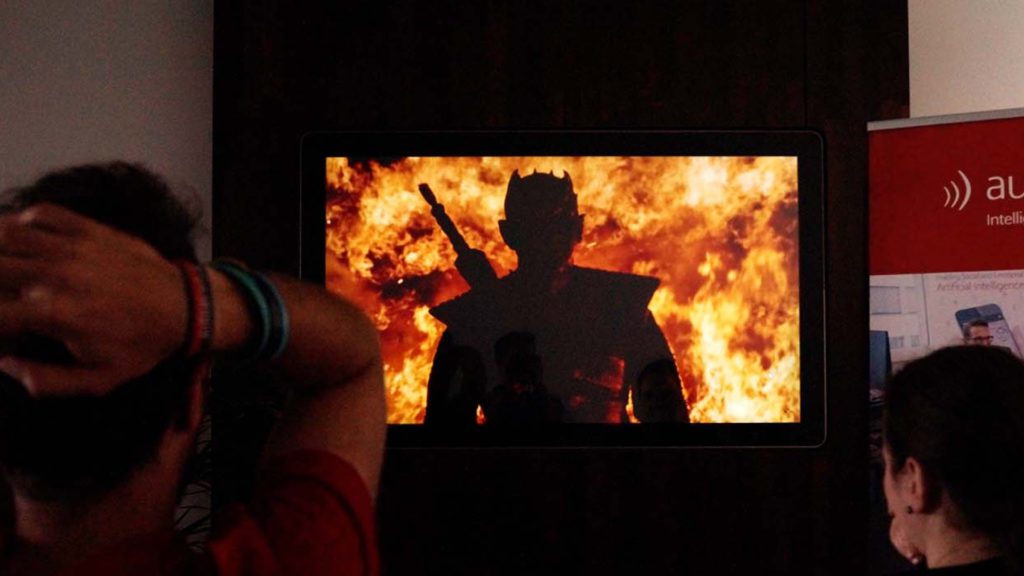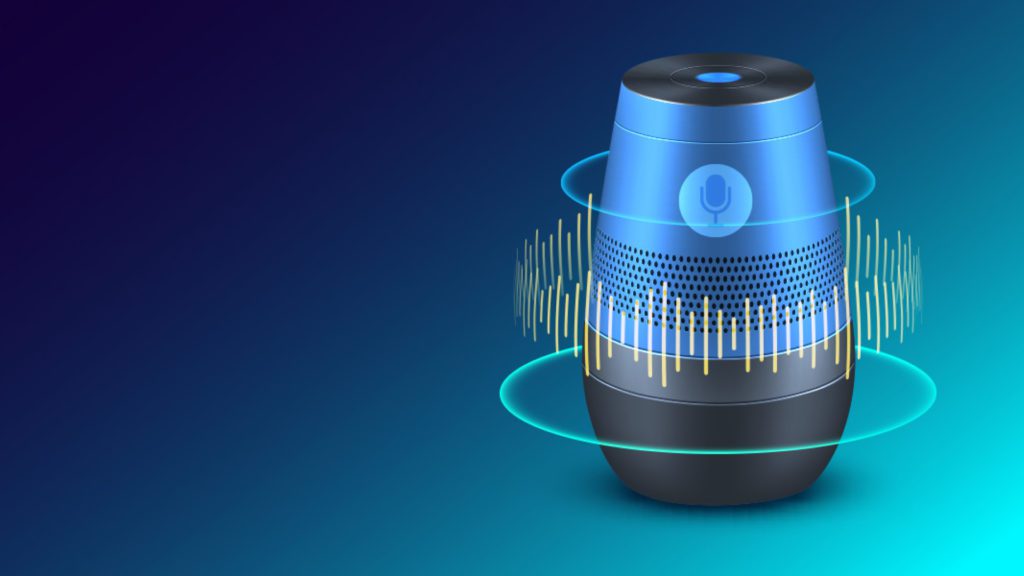Blog
If you have been following our blog posts, you know that we explained the importance of emotions and their role in our daily interactions (link to the first blog). Then, we focused on the human-computer interaction in the context of video games (link to the second blog post), and finally, we explained how emotions can be the missing layer for human-computer interaction (link to the third blog post). This week, we will see how integrating this emotional layer into your products can benefit you and as a result, makes the world a better place.
In our last blog posts, we explained the role of emotions in video games, had an overview of the human-computer interaction and what it meant for the video game industry. We found out that from a technical perspective we have reached almost full freedom in the 3D environment. For example, CAVEs can give you the freedom to navigate naturally in a virtual environment in real-time.
Virtual Reality and Artificial Intelligence can take the training of staff in hospitals to the next level. You wonder how? In this blog post we will show which amazing possibilities there are using those innovative technologies in the health sector with a current project in this field.
When you write a text message to your friend, call them, or meet them in a cafe, you are interacting with them. Any conversation can be an interaction. Interaction happens when two or more objects or agents affect one another. Some centuries ago, humans were mostly interacting with each other and their domestic animals, and thanks to evolution, we are equipped for that.
The role of emotions in video games is undeniable. Countless tears have been shed by unforgettable moments in video games. Whether it's yelling in excitement, or screaming in fear, we can see a thousand cases that games made us emotional. Those were the moments we were connected to a character, a story, an event, or even an object so much that its elevation or destruction caused a shared reaction across all players in the world.
Last week audEERING won the VDE Award 2019 in the category „Startups“. The prestigious annual award is being granted to excellent and outstanding achievements in science and technology.
We held the award ceremony of the premier audEERING Game Challenge (GaCha 2019). This international challenge
Within ERIK, a German nationally funded research project about robot
interaction with autistic children, audEERING is developing software to
analyse and express emotional speech
Well, I think you can imagine what happened next. We placed microphones in the conference room and recorded the audience throughout the screening. Then we passed the acquired data to ExamAIner which is a web application using the emotion recognition audEERING technology in the backend.
This week we will cover two more applications of gamer monitoring:
Game Testing, and Streamers Feedback.
Ever wondered what it would be like to have your own personal assistant follow you around wherever you go? Everyone that owns a smartphone or personal computer must have come in touch with one of the many voice assistants out there.



